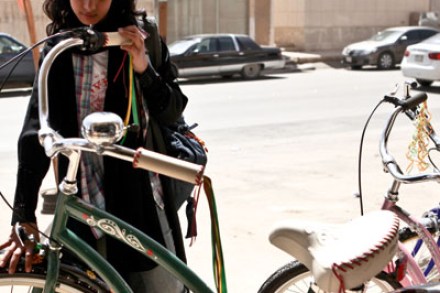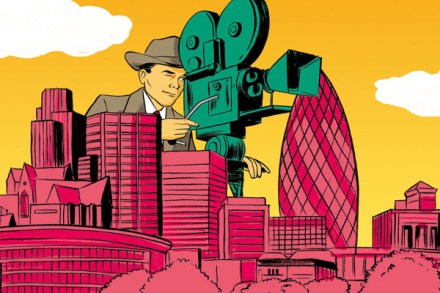Wheels of change
Bicycles can be powerful images in cinema. Like the 1948 masterpiece Ladri di Biciclette, Wadjda, the first film ever to be filmed in Saudi Arabia, is about a child and a bike. But whereas two wheels in Vittorio De Sica’s brutally neorealist film represented the shackles of poverty, here they embody freedom. Or at least the whisper of it. Wadjda, which will be screened at the London Film Festival on 11 and 14 October, has at its helm Saudi Arabia’s first female director, Haifaa Al-Mansour. This is a feat not just because this is a country where women are not allowed to drive (Al-Mansour often had to hide in a













